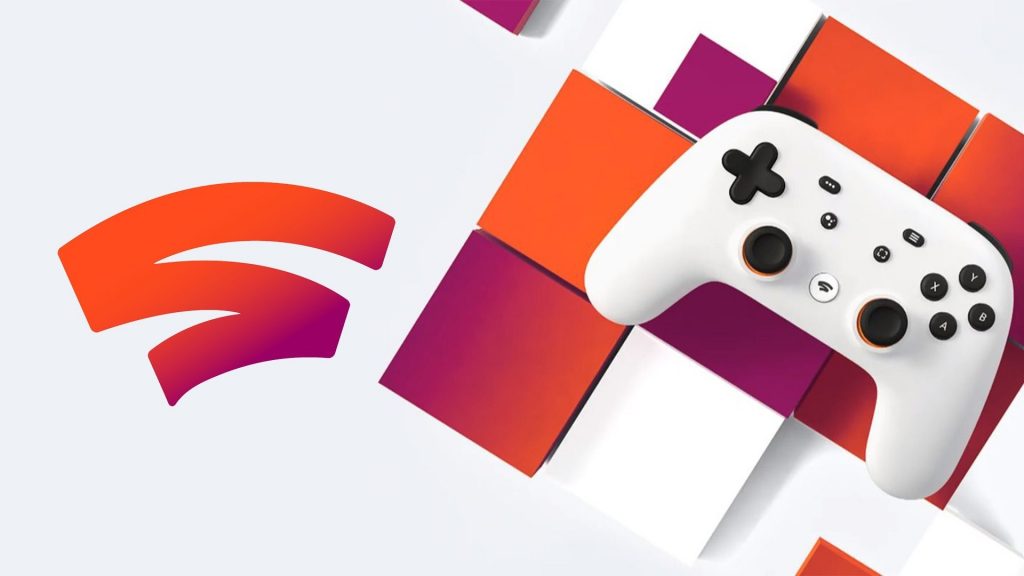Video Gamer is reader-supported. When you buy through links on our site, we may earn an affiliate commission. Prices subject to change. Learn more
It could be the beginning of the end for Google Stadia, with fresh reports claim Google is winding down the console.
Business Insider (as spotted by GamesIndustry.biz) claim that the tech giant is going to ‘deprioritise’ Stadia after three years. According to it’s sources, the focus for the division’s leadership is to work with third parties to secure streaming deals. These deals will see other companies use the streaming tech used for Google Stadia under a new moniker: Google Stream.
The outlet’s insiders named two gaming companies involved in talks. The first of which was Capcom with the Resident Evil series, and Bungie with Destiny. According to them, the proposed deal would give, for example, Bungie ownership over content & front-end, while Google Stream would power the backend. (There’s no word what effect, if any, the recent purchase of Bungie by PlayStation had on these plans.)
The change in strategy has seen some changes at the top too. Business Insider says head of Stadia operations Phil Harrison now reports to Google’s head of subscriptions. Meanwhile, former Stadia director for games Jack Buser was apparently shifted to Google’s cloud unit in September.
It’s not the first time Google Stadia has had reports of its demise. In fact, it was around this time last year when the company closed its internal game development studios. These included a team headed by former Assassin’s Creed producer Jade Raymond & Journey to the Savage Planet developer Typhoon Games. Both of these teams would go on to form new studios away from Google: Haven & Raccoon Logic, respectively.
Google Stadia meanwhile, refuted previous claims of its demise by revealing more than 100 games coming to Stadia in 2021. There’s been a similar rebuttal from its Twitter account this time too, but is it enough? We’ll have to wait & see.
We’re particularly proud to be offering 50 games to Pro members in February, with more than 100 titles to join Stadia in 2022 and plenty of Free Play Days for everyone to enjoy.
— Stadia ☁️🎮 (@GoogleStadia) February 5, 2022

